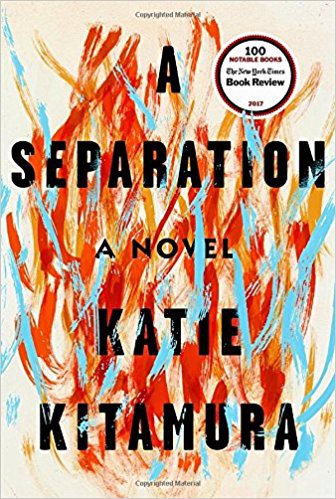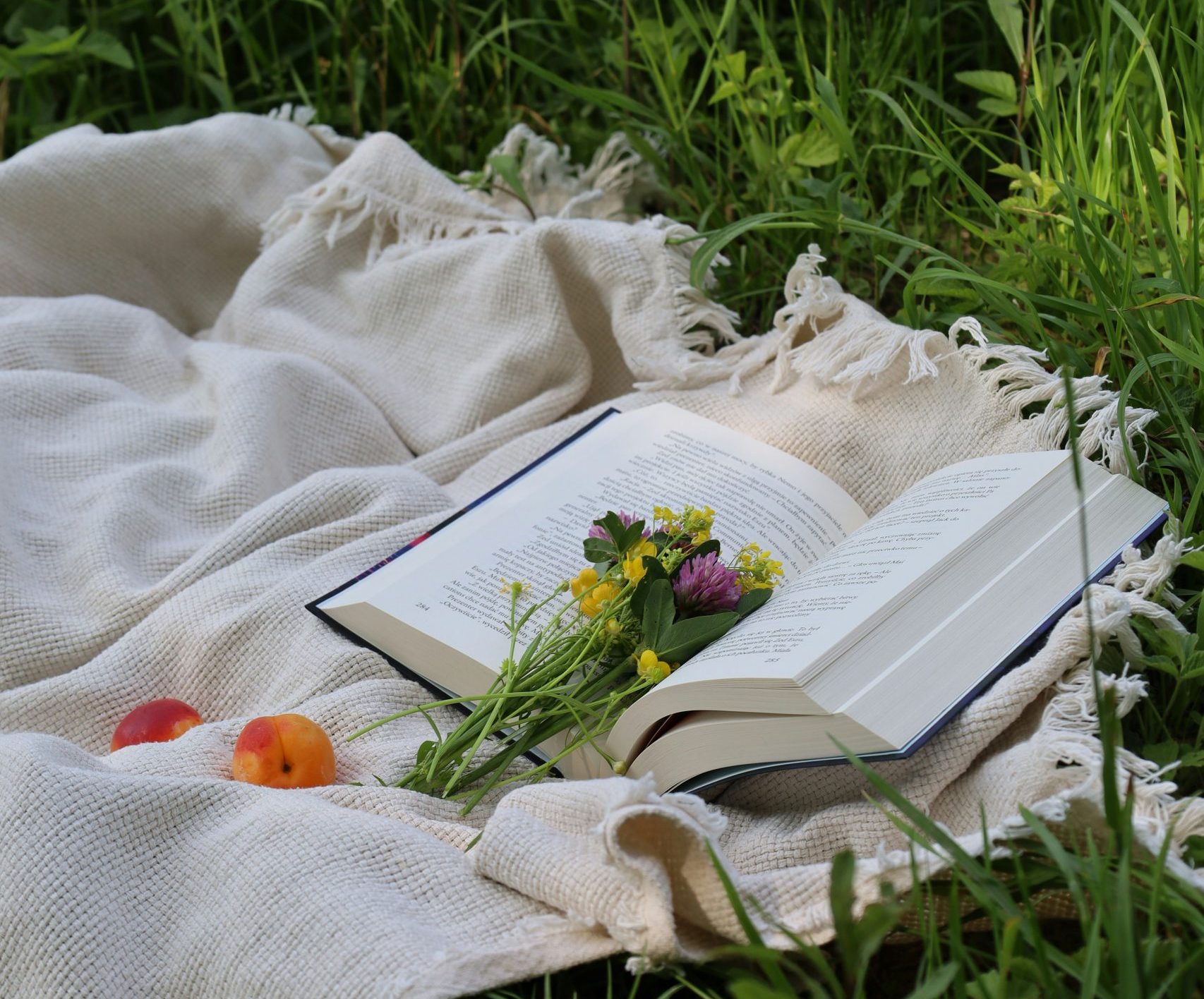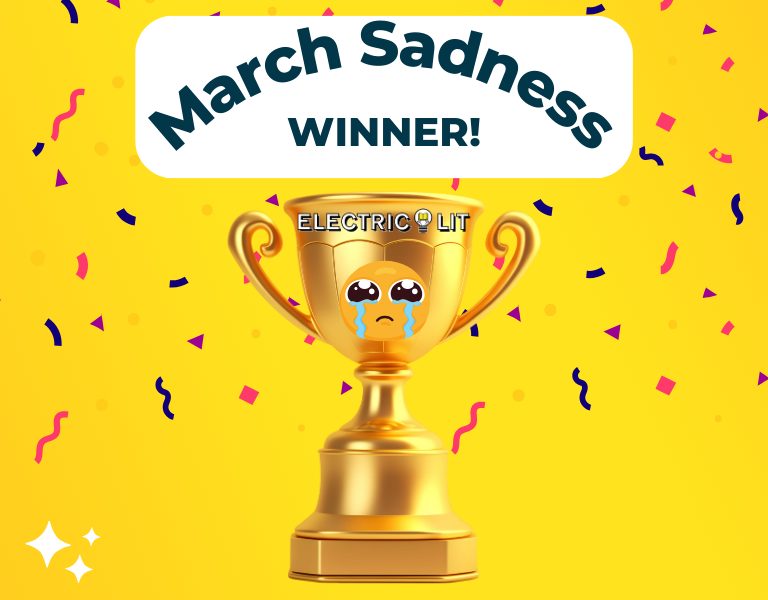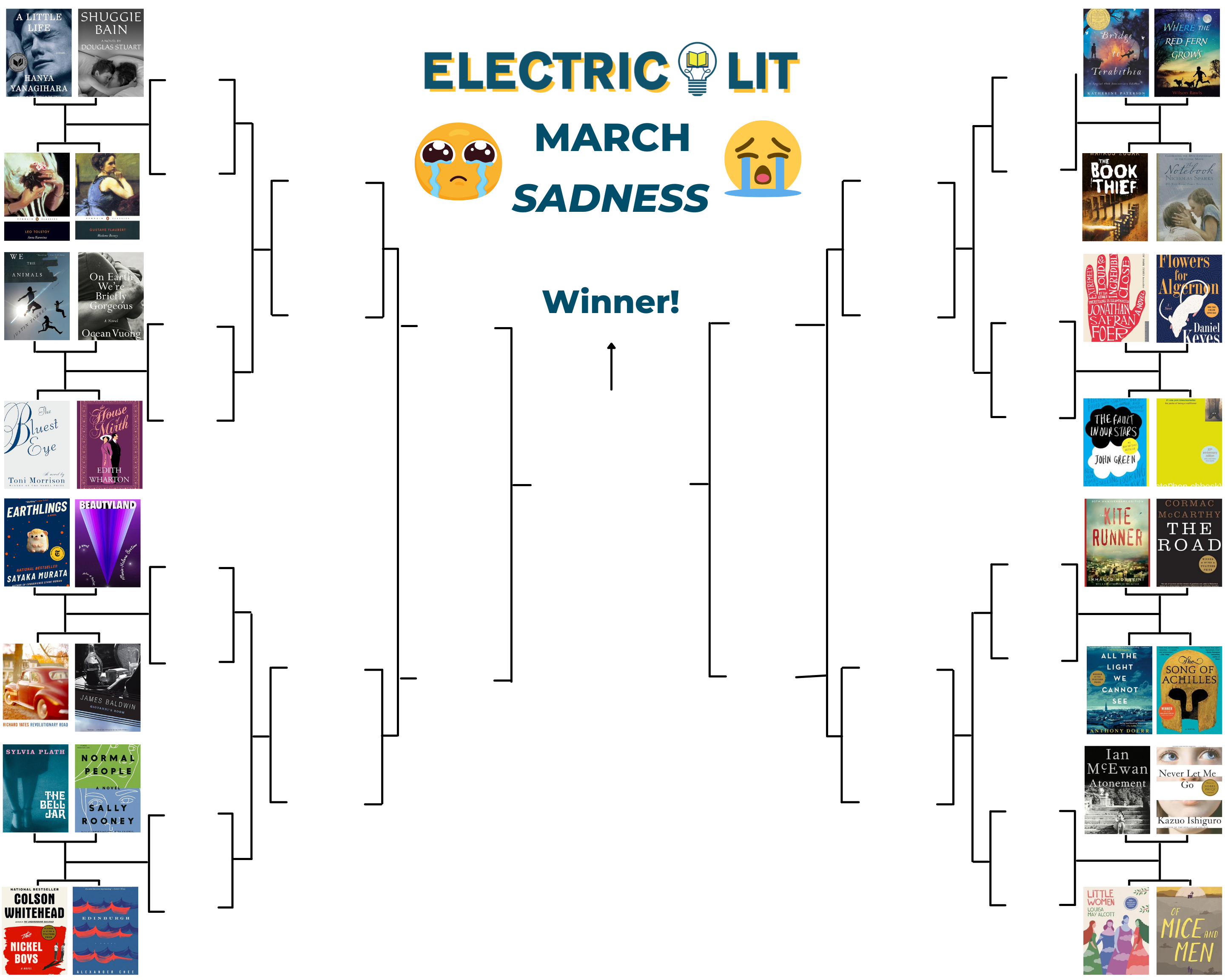Reading Lists
Electric Lit’s Top 25 Posts of 2017
Our most-read stories of the year, and what they say about our readers

Nobody is going to pretend that 2017 was a good year. But even in the midst of a perpetual waking nightmare, it’s important to appreciate the stories that kept you informed, entertained, illuminated, or just distracted. (Maybe especially in the midst of a perpetual waking nightmare.) Here are the bright spots in our year: the humor you laughed hardest at, the criticism you found most interesting, the news that spread fastest, the essays that resonated with you, the writing advice that changed your craft.
We’re proud of all these pieces, of course, but to be honest, we’re proud of our readers too. Your reading habits showed us that you’re hungry for hard-hitting feminist essays, books by women of color, and deeply-researched histories of magazines or genres. Yes, sure, we have fun—creepy bunnies, dancing librarians, sass from Kurt Vonnegut himself. But taken as a whole, the story of our highest-traffic articles is a story about looking for thoughtful, progressive writing in the midst of chaos.
In reverse order, counting down to number one, here are our 25 most-read stories of 2017. Thanks for reading, and stay tuned—2018 will probably be even worse, but at least we’ll still be here.
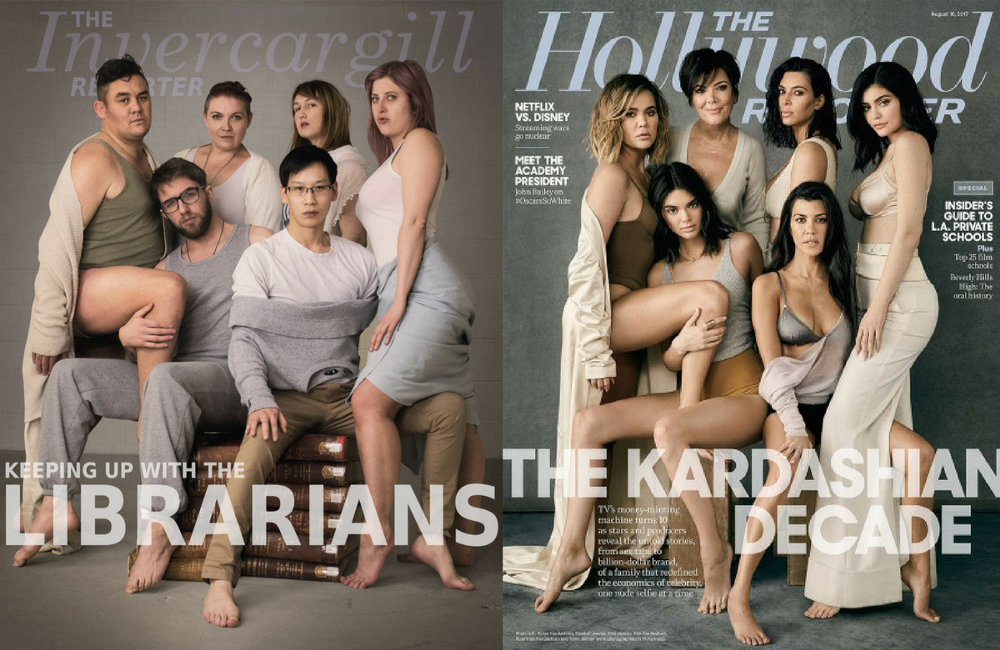
25. Librarians Are Secretly the Funnest People Alive
What goes on in the library after the patrons have gone home? Apparently, it’s mostly music videos. Electric Lit intern Jo Lou rounded up eight examples of all-singing, all-dancing librarians.
Here are seven times that librarians have debunked the stereotype that they are uptight scolds ready to shush those who dare to have fun in their sacred institution.

24. Behold the Winners of the 280-Character Story Contest
When Twitter decided to expand the maximum character length for a tweet from 140 characters to 280, we were skeptical, but we also saw it as a fertile opportunity for microfiction. The five winners of our 280-character story contest, illustrated by Sara Lautman, show that it’s possible to be funny, perplexing, tragic, absurd, and barbed in very few words.
We hadn’t known it was possible to pack so much drama into 280 characters, but in accordance with our theme — “the story must be about something getting magically, randomly, inexplicably, or mysteriously bigger, longer, or just… more”— these snippets of fiction seemed to expand to contain something bigger than themselves.

23. The Secret to Viet Thanh Nguyen’s Overnight Success
Short answer: It didn’t happen overnight. Joe Fassler interviews the MacArthur-winning writer about the decades of work that went into his apparently meteoric rise.
In this interview, he opens up about a period of his life that’s been mostly overlooked: the two decades he spent trying, and mostly failing, to write fiction, working in secret while he juggled a host of other responsibilities. We discussed the 20 years of work that preceded his debut, the challenges he faced along the way, and — when it seemed his literary ambitions would never quite materialize — the strategies he used to keep going.

22. This Book That Scammed Its Way Onto the Times Bestseller List Is Real, Real Bad
The wildest story in publishing this year was probably the saga of a dreadful novel that launched a wily scam to rank on the New York Times bestseller list—and the scrappy band of young adult authors and readers who figured out what happened.
It’s not that tricky to buy your way onto the bestseller list if you just put in some huge bulk orders; it’s legal and not even that uncommon. (Becoming an Amazon bestseller is even easier.) But the Times adds an asterisk to any book whose sales rank is affected by bulk purchases. Sarem (or someone) seems to have gamed the numbers by arranging large buys — only from verified NYT-reporting bookstores — of just under the amount that would trigger such a caveat.

21. How to Escape the Slush Pile
Sure, rejection is an inescapable part of writing, but there are ways to improve your odds. Recommended Reading associate editor Brandon Taylor reads (and rejects) a lot of short story submissions, not to mention being a successful fiction writer in his own right, so his handy checklist of ways to avoid the slush pile comes straight from the source.
Most writers say that if you’re not getting rejected, you’re not submitting enough. Others say that you should aim for 100 rejections a year. This is solid advice, but at a certain point, if you’re trying to establish a career as a writer, some of those rejections need to turn in to acceptances.
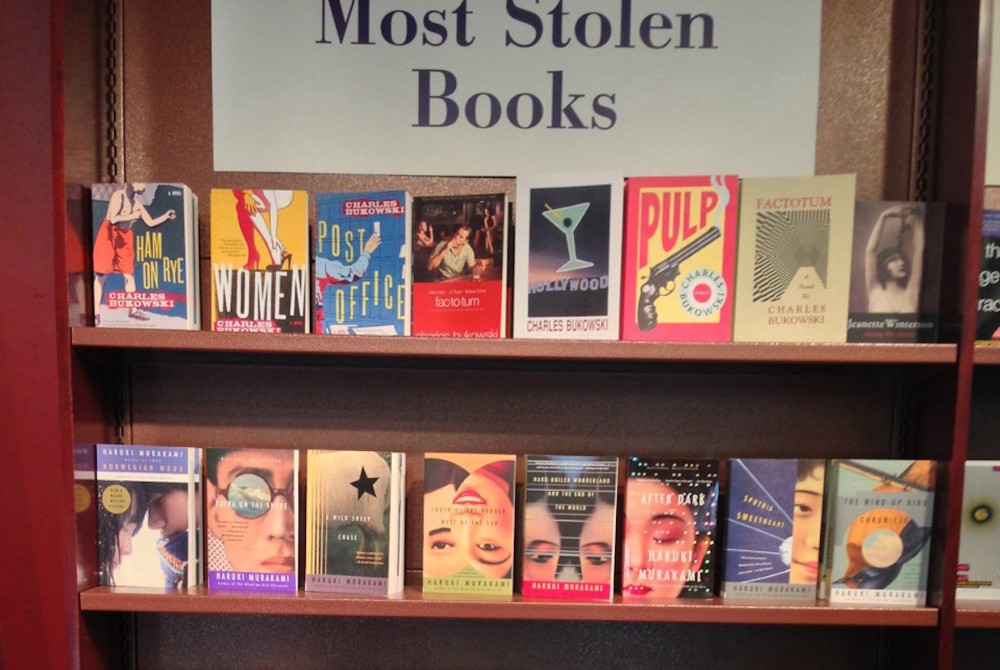
20. Indie Bookstores Tell Us About Their Most Stolen Books
Even though everyone knows that stealing from an indie bookstore will send you straight to Literary Hell, it still happens. But which books are most likely to walk out the door? Jo Lou talked to eleven indie bookstores around the country to try to map the psychology and preferences of book thieves.
The conclusion we’ve come to is that people steal books that they think will make them seem smart but perhaps have no intention of reading (and hence don’t want to pay for?).
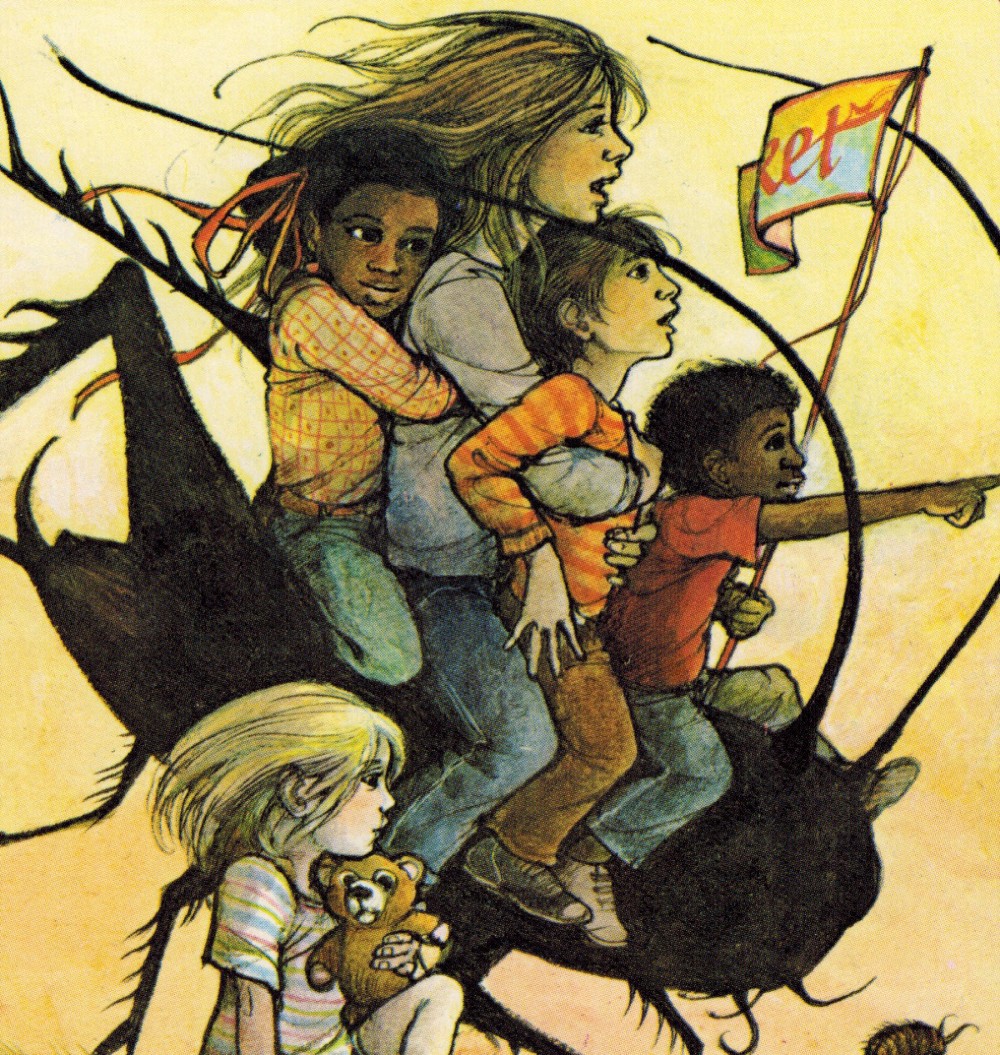
19. The Secret History of Cricket Magazine, the ‘New Yorker for Children’
The children’s literary magazine Cricket, founded in the ’70s and still going strong, offered a lot of kids their first encounters with poetry and stories that didn’t talk down to them. Writer A.J. O’Connell talked to founders, former employees, and fans of Cricket to track the magazine’s history and influence.
In a time when children’s magazines mostly featured hidden object drawings and games, Cricket stubbornly refused to underestimate its young readers. It welcomed their correspondence, and was such a human endeavor that for many readers, finding Cricket in the mailbox every month was like a visit from a friend.

18. Against Worldbuilding
Former Electric Lit editor-in-chief Lincoln Michel has some concerns about the concept of “worldbuilding” in science fiction. Can we do better than “worldbuilding,” or at least bring new nuance to the idea?
In contrast to “worldbuilding,” I’ll offer the term “worldconjuring.” Worldconjuring does not attempt to construct a scale model in the reader’s bedroom. Worldconjuring uses hints and literary magic to create the illusion of a world, with the reader working to fill in the gaps. Worldbuilding imposes, worldconjuring collaborates.

17. Sylvia Plath Looked Good in a Bikini—Deal With It
The new U.K. edition of Sylvia Plath’s collected letters features a photo of the author in a modest bikini, and the image raised a few hackles. Plath scholar Emily Van Duyne would like everyone to settle down and recognize that women authors can have full, three-dimensional lives—which, yes, sometimes means they wear bikinis and lipstick while also being intellectuals.
The image of Plath, smiling in her Smith graduation robes, causes cognitive dissonance and, ultimately, disappointment. It’s the same cognitive dissonance we, as a culture, collectively suffer about Sylvia Plath, and indeed about any woman lauded for her intellect who also has the nerve to inhabit a body: That’s her? Isn’t she a little too beautiful? Isn’t she not beautiful enough?
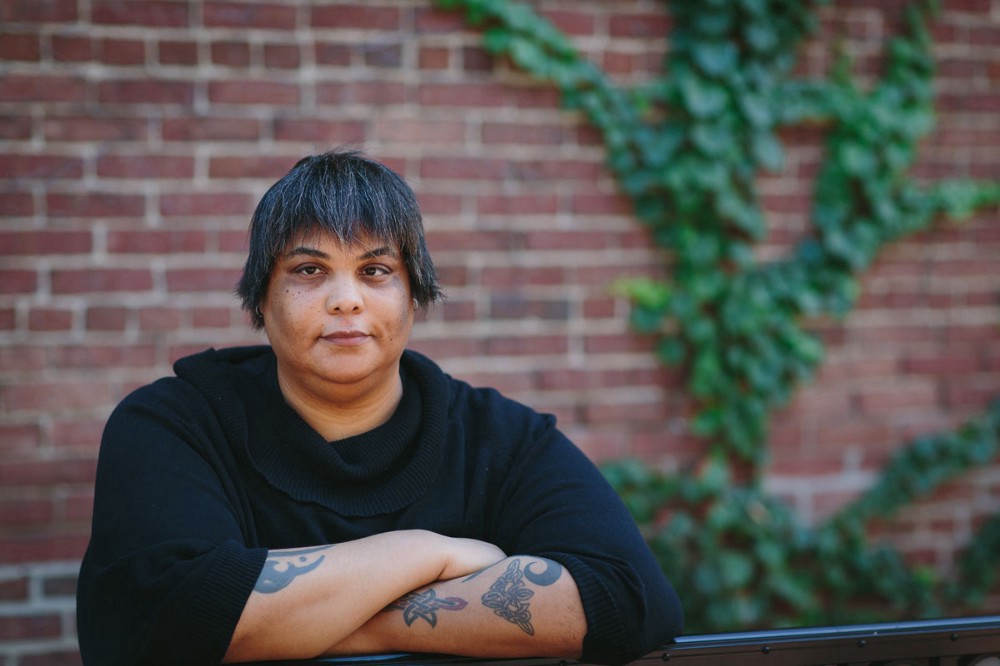
16. Roxane Gay Pulls Book from Simon and Schuster, Citing Milo Yiannopoulous Deal
We love it when a piece of news resonates both within and outside the literary community. We love it even more when there’s schadenfreude involved. This item, written up by Electric Lit intern Jackson Frons, ticked all the boxes.
Responding to Simon and Schuster’s plans to publish “alt-right” troll Milo Yiannopoulous’s new book, Roxane Gay has officially pulled her forthcoming title, “How to Be Heard,” from the publisher’s TED Books imprint.

15. Kurt Vonnegut Walks Into a Bar
In an excerpt from his memoir The Accidental Life, Terry McDonell tells a tale of epic shade by a giant of literature.
He lifted his glass of Scotch as if in a toast but wouldn’t look down at me, sitting to his right. “I think you’re all moderately gifted.”

14. 18 (More) Amazing Novels You Can Read in a Day
There are plenty of reasons to love a short book: you’re lazy, you have no attention span, you want to be able to pad out the number of books you read this year. Any of those could be the reason why so many people read Lincoln Michel’s list of quickie novels—but it could also just be that these are really great books.
“Short” here is defined as under 200 pages. Just long enough to read on a short flight or a long ride.

13. The Epilogue of ‘The Handmaid’s Tale’ Changes Everything You Thought You Knew About the Book
If you haven’t read The Handmaid’s Tale in a while, or if you’ve only been watching the show on Hulu, you might have forgotten the framing device: an epilogue that indicates we’ve been reading a manuscript discovered, edited, and presented by male scholars. Anna Sheffer would like to draw your attention to what this epilogue does to the story.
The two male researchers take full advantage of their ability to title the manuscript and bestow on it a cheeky name that alludes to and, by making a pun, mocks Offred’s sexual servitude. Thus, the entirety of Offred’s story is controlled by men; even the thoughts that she records are discovered, edited, and titled by men. She has no autonomy or authority over her own story.

12. I Pretended to Be Emily Dickinson on an Online Dating Site
Erin Bealmear made an Emily Dickinson-inspired OkCupid profile out of simple curiosity, but the results are both funny and surprising. “Emily” didn’t just get male attention—she got, in some cases, more attention than Erin’s real profile. Why does everyone want to get with a dead poet?
Maybe this wasn’t your run-of-the-mill OkCupid projection about a real-world woman. Maybe this was a step beyond that: a fantasy about an interesting, talented, dead woman with a penchant for morbidity. The “Belle of Amherst” had suddenly become the “Depressive Dream Girl” of online dating.

11. 6 West African Books with Unconventional Approaches to Gender and Power
Novelist Chinelo Okparanta recommends six books by West African authors that have interesting things to say about familial relationships, aging, gender, and other central human themes. Does the publishing world know how much people want books like this?
In my novel, “Under the Udala Trees,” I explore the themes of betrayal and rebirth and happiness in the context of gender and power. In writing the novel, I imagined, unlike Ramatoulaye, a sort of happiness that existed outside of the traditional schema of marriage. Or rather, I imagined the pursuit of that sort of happiness. The fundamental desires of my protagonist, Ijeoma, are unconventional in her West African setting in the sense that she does not find her value via an attachment to a man. Lately, I’ve been interested in finding other West African authors who are also unconventional in their portrayal of love and marriage, of gender and power.

10. 10 Novels Agents Have Already Seen a Billion Times
Literary agent Kate McKean wants your novel to succeed, which is why she’s letting you in on a little agent secret: they’re wildly sick of these ten book types. It’s servicey and funny!
All those wacky stories from your grandpa/hairdresser/neighbor/ex-friend that are just soooooo good that you could make them into a story, kinda like “Life of Pi” but maybe not so Indian and more about your mom’s summer camp in Connecticut? A series of anecdotes does not add up to a novel. If you have to say “but it really happened!” to convince the reader, Anne Lamott comes over and takes back your copy of “Bird by Bird.”
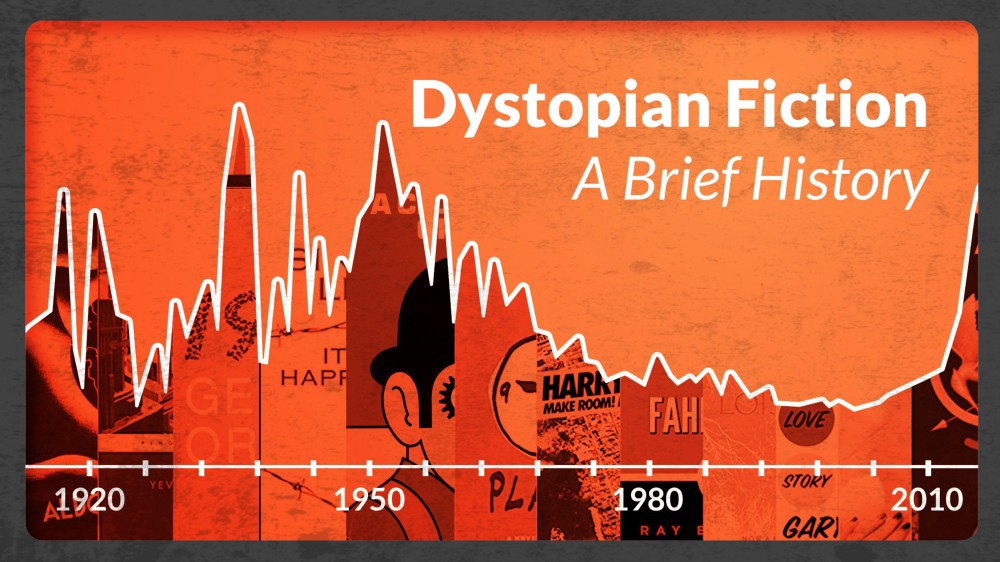
9. The Rise of Dystopian Fiction: From Soviet Dissidents to ‘70s Paranoia to Murakami
People are into dystopian fiction right now because we feel like we’re living in a dystopia—but we kind of always have been, because we kind of always have. What kind of dystopian fiction we like, though, depends on what kind of dystopia we feel like we’re living in. Yvonne Shiau tracks nearly 100 years of sci-fi grimness.
And so in today’s crop of dystopian fiction, the stakes are bigger than ever. Continuing in a proud tradition, they carry on vindicating the definition of a dystopia: a worst possible world. But what each of them (sometimes) offers is a brief, shining belief that such a world can be fixed. And now, the resurgence of sales for books such as “1984” and “Brave New World” shows that a vast contingent of us continue to turn towards the genre for comfort, or answers.

8. Late to the Party: Stephen King’s IT
In preparation for the movie adaptation of IT, Henry Hoke recorded his impressions of reading the book for the first time as part of our Late to the Party series.
This book is huge and it’s clearly not about a killer clown. It’s about something much worse.

7. The Book That Made Me a Feminist Was Written By an Abuser
This essay, part of our Novel Gazing personal essay series, was submitted in response to the prompt “what book was your feminist awakening?” Jessica Jernigan’s response was that The Mists of Avalon taught her about feminism—but feminism taught her to trust the victims of sexual assault. So what do you do when you find out that your feminist core text was written by an abuser? A timely essay that was a lot of readers’ first exposure to the accusations against Marion Zimmer Bradley.
The question of separating the abuser from his work metastasizes, and I don’t have any easy answers. Or, rather, I do have one easy answer: When someone says they’ve been assaulted, abused, harassed, I believe them. But I believe them, in part, because of lessons I absorbed from “The Mists of Avalon.”

6. Five Disturbing Stories About Bunnies
There’s something really freaky about rabbits, and on some level everyone knows it. Why else would there be so many extremely creepy rabbits in literature? And I don’t want to hear about how bunnies are cute and not creepy at all; so many of you read this Lincoln Michel piece that I know you know in your heart what’s up.
Easter is almost here, which means that children across the world will be hiding in their bedrooms, trembling in fear of the grotesquely large Easter Bunny — a frightening mythological monster as large as a man with hind legs able to crush human bones like matchsticks. This weird creature is said to stalk around houses, secreting “eggs” from its quasi-mammalian glands in hiding places for unlucky children to find.
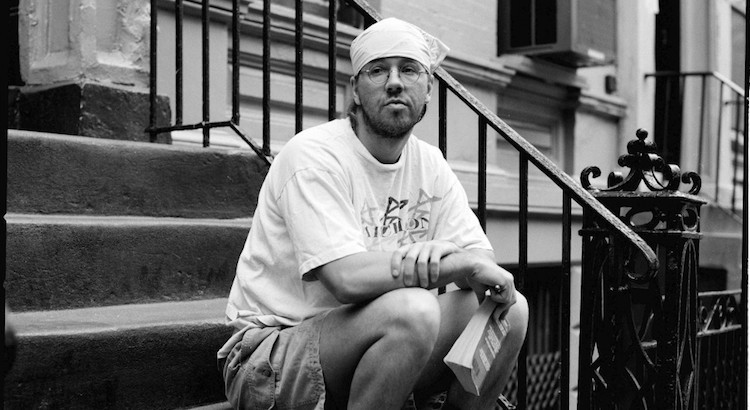
5. Men Recommend David Foster Wallace to Me
Deirdre Coyle’s terrific essay, part of our Late to the Party series, interrogates why she hadn’t ever read Brief Interviews with Hideous Men. Her conclusion: She just doesn’t care that much, and men take that indifference very personally. Boy did some men prove her point! The rest of us sure related, though.
Here’s the thing: I don’t doubt that Wallace is a genius. And it’s not that I believe there’s no value in self-indulgent works by men. It’s just that I’m not very interested in them. These men seem to think I’m saying the thing they love is bad, when really I’m just saying I don’t care about the thing they love.

4. 34 Books By Women of Color to Read This Year
Women of color are starting to get more of their literary due—praise hands emoji for two-time National Book Award winner Jesmyn Ward!—but it’s still no easy task finding books by non-white non-men on publisher’s lists. It’s clear, though, that y’all are clamoring for those books, which is why writer R.O. Kwon will have another list for 2018 along shortly.
A xenophobic, misogynistic fascist is president; hate is ascendant; and it’s easiest to forget the shared humanity of people whose lives we haven’t tried imagining. Studies show, for instance, decreased homophobia among Americans who have so much as watched a bit of Will & Grace. Inclusion has real consequences, and if you’re looking for the perfect gift to buy your Republican uncle or your racist cousin, here’s a shopping list.

3. 20 Authors I Don’t Have to Read Because I’ve Dated Men for 16 Years
Helena Fitzgerald, the author of this piece, actually likes David Foster Wallace. But once again, the concept of a woman not especially caring about men’s most venerated writers caused a lot of outcry from a certain type of dude. The rest of us, though, recognized this list as screamingly funny and horribly true.
Anyone who really, sincerely loves Franzen’s writing has also probably really, sincerely told someone that “learn to code” was the solution to all their problems. The Corrections also contributed to the obsession with the literal and figurative “big book,” in which the size and weight of a novel directly equals its importance, a concept applied almost exclusively to novels by men.

2. The Entire President’s Council on the Arts and Humanities Just Resigned
We’re all concerned about the future of the arts under an administration of proud ignoramuses, so this piece of news felt like a dire harbinger of things to come.
The advisory committee, appointed by President Obama, hasn’t met under Trump, perhaps because he is actively hostile to their work. (Honorary chair Melania Trump, who did not sign the letter of resignation, also doesn’t seem very motivated by art; we’ll refrain from speculating on what she is motivated by.) But it’s continued work on preexisting projects — until today.

1. What I Don’t Tell My Students About ‘The Husband Stitch’
That’s right: Our most-read story of the year, by a long shot, was a thoughtful feminist essay about a beautiful, chilling short story from Her Body and Other Parties by Carmen Maria Machado. We hope all of you, and author Jane Dykema, feel genuinely great about yourselves for this.
In class, I don’t say to my students, “Do you feel it, too? Or can you imagine it? The perils of living in a world made by a different gender? The justified and unjustified mistrust? The near-constant experience of being disbelieved, of learning to question your own sanity? How much more it hurts to be let down by ‘one of the good ones?’” Instead I say, “What effect do the horror tales have, placed associatively where they are in the story? What effect do the stage directions have? What would be lost without them? Do you see how they’re braided together? These are tools you can use in your own stories.”




